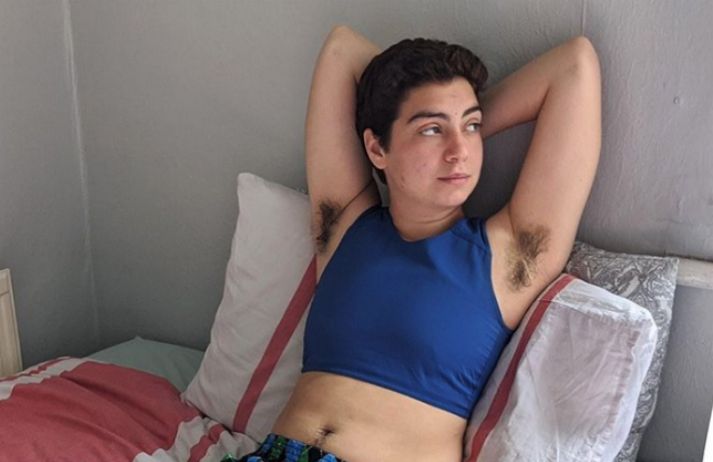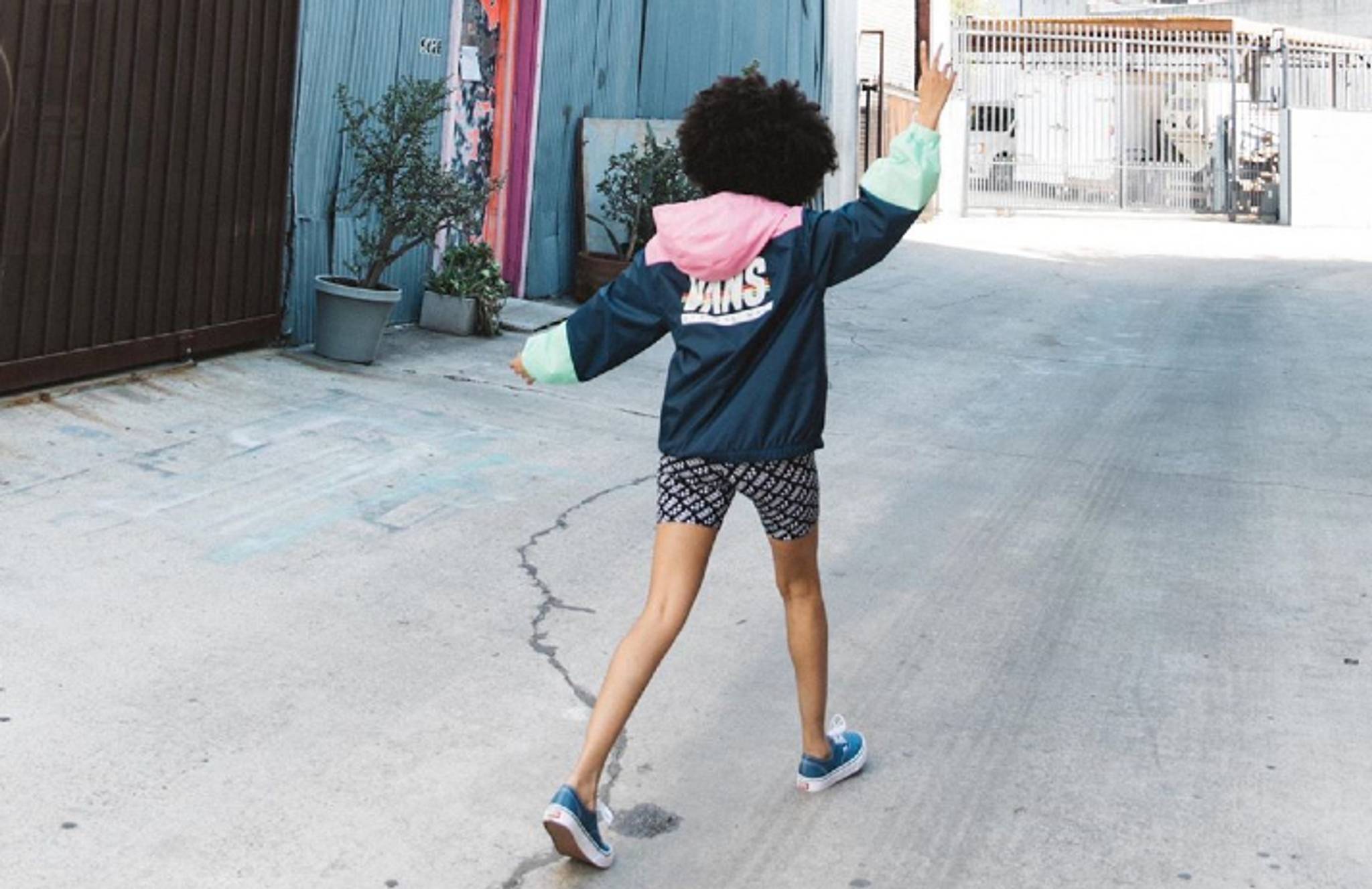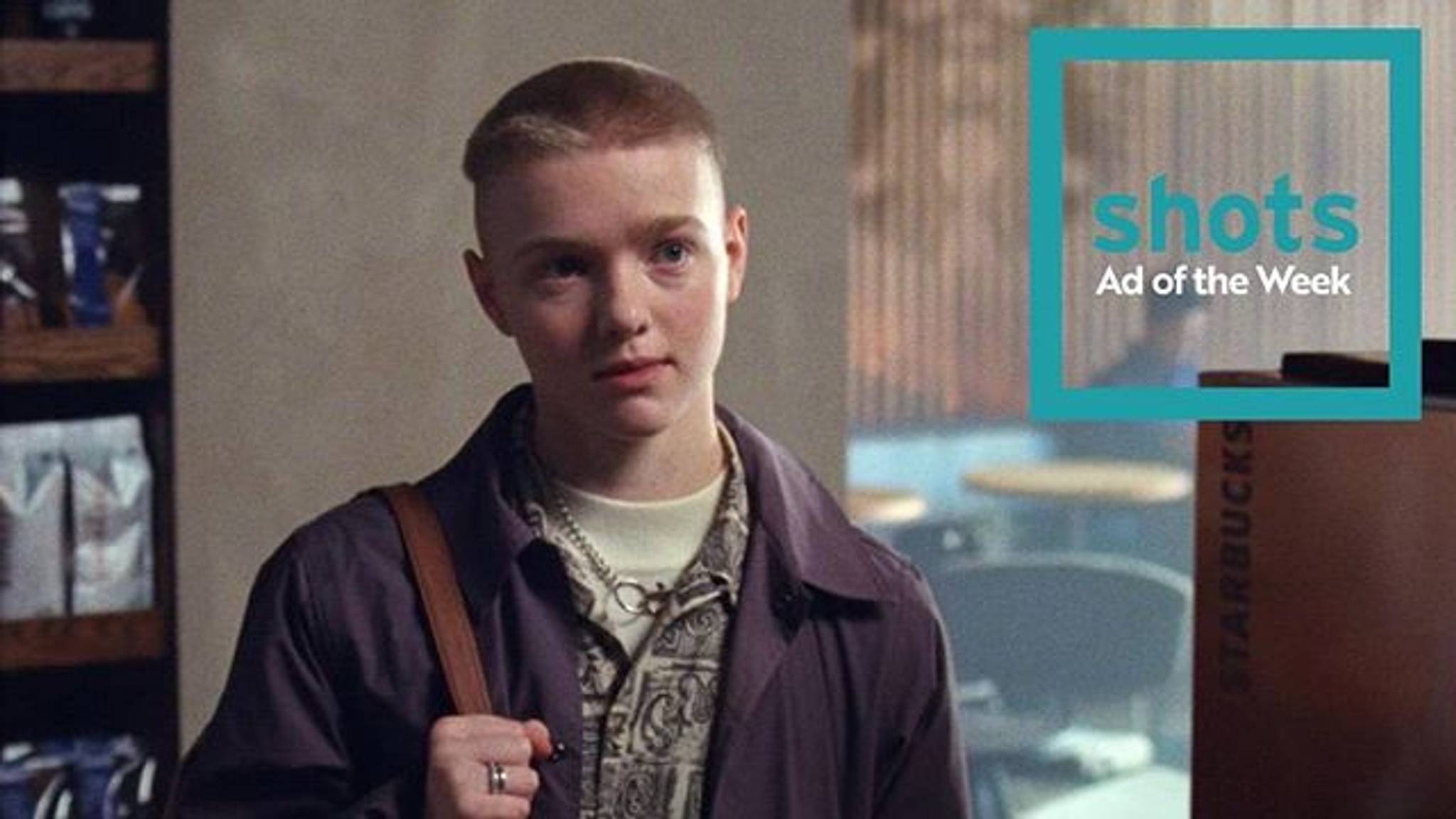
Trans men are often left out of menstruation narratives, due to the misconception that only women have periods. Organic menstrual brand Callaly’s inclusive campaign puts trans men in the spotlight, tapping into desires for brands to prioritise inclusion and tackle discrimination. We explore the insights behind this and why people are pushing for the language to be changed to 'people who menstruate'.
#TheWholeBloodyTruth tells the stories of 13 people who menstruate: men, intersex, and non-binary individuals whose voices have previously been ignored. Fitting the zeitgeist of learning and unlearning culturally embedded discrimination, following from the Black Lives Matter and Black Trans Lives Matter movement, the campaign also seeks to identify problems and offer solutions. For example, Callaly pledges to “use inclusive language such as ‘people with periods’” alongside making its products accessible to all bodies and genders. “It’s time we recognised that not only cisgender women have periods,” says Kate Huang, Callaly CMO. “One of our first customers was a man – and, as a brand, we take our responsibility seriously in promoting this message.”
According to a survey conducted by the brand, only four in ten Britons understand that the phrase 'people with periods' refers to transgender and non-binary people, too. Given this knowledge gap, brands have an opportunity to educate by making their messaging, communications, and marketing more inclusive and representative. For example, looking to depict an authentic experience of a trans man, Starbucks released an ad in the UK called ‘Every Name’s a Story’, which won Channel 4’s Diversity Fund, and was lauded by Sarah Garrett MBE, British LGBT Awards founder. With people expecting brands to more accurately convey solidarity with discriminated members of society, doing so – such as by tailoring telehealth to the underserved trans community – will likely win favour.

Sophie Robinson is a behavioural analyst at Canvas8. She has a degree in social anthropology from the University of Manchester and always tries to deconstruct stereotypes of normality. When not questioning why, she’s watching a short film or writing a screenplay.



